An Argument for “Size Acceptance”
As part of the “What we are” series, I asked to argue the idea of “Size Acceptance.”
When I first came to the Fat Acceptance world, I was very angry. I’d finally seen how I’d been discriminated against. I’d finally acknowledged that doctors were being lazy in treating me. I’d finally come to realize how abusive (and almost deadly in one case) the “teasing” had been. And in my anger, I wore the Fat Activist label loud and proud.
The years went by and I had some really good interactions with doctors who didn’t blame my size for my health problems. I had a physical therapist who told me to actually eat fries and have a chocolate milkshake after a physical therapy session! And I had lots of conversations with friends who are thinner than me.
One friend in particular opened my eyes to the fact that it’s not a “fat” issue (as in, how much fat I have on my body) as much as it is an “ownership” issue (as in, who owns my body and who gets to decide what I can and cannot do).
This friend is very petite. She’s been a dancer and a rock climber. Her natural weight (before knee injuries and other chronic illnesses came into play) was “Hollywood Normal.” She never had to work at being so thin, it just came naturally. And yet…
And yet, she never escaped the cat calls on the street. For her, it wasn’t the “You should put a wide load sign on your ass!” comments like I heard, but the, “Nice ass! I’d hit that!” variety. Where random strangers in a restaurant would tell me, “Are you sure you should eat that?”they told her, “You should eat more! Are you sure you aren’t anorexic?”
Her life experiences as a naturally thin person opened my eyes to the fact that it really doesn’t matter how much or how little fat we have on our bodies. No matter what our size is, other people think they have ownership of our bodies. They think they can tell anybody what they should and should not be eating, drinking, or doing with it.
With my eyes opened like this, I started seeing all the offensive pictures of women. PETA’s “Save the Whales” campaign was, of course, extremely offensive. But just as offensive is the “real woman have curves” meme. There was even a post about it on this blog last year. Yes, I know. This is supposed to be empowering to fat women.
Why do we have to empower ourselves at the expense of somebody else? My friend, for all that she’s not fat, is a “real woman.”
I’ve been using Size Acceptance as an explanation of what I’m about for about a year now. Because, really, I don’t care if a person is fat or thin. I want the prejudice to stop all the way around. I want people to stop thinking they can tell anybody what’s best for them.
*NOTE: This excludes real medical issues, when a person really does have an eating disorder or some medical issue that needs intervention. However, in those cases, it still is not something a stranger is informed about. A person who is naturally skinny may or may not have an eating disorder. A stranger would not know that. People more familiar with that person would be more informed.


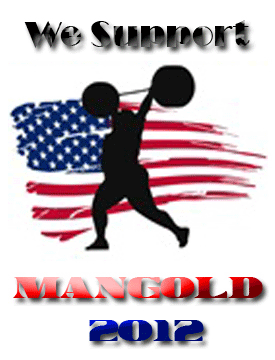

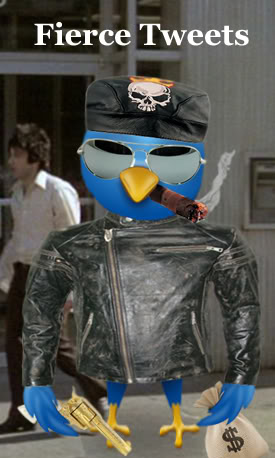
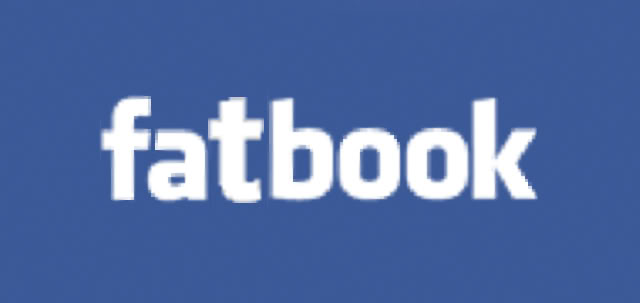


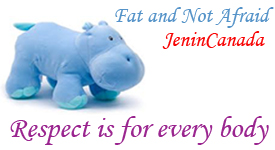

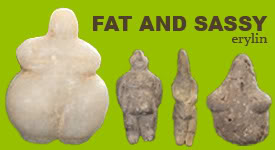
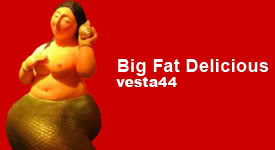




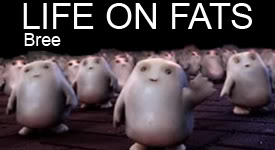
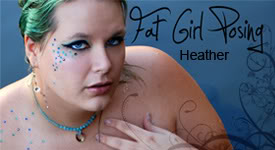


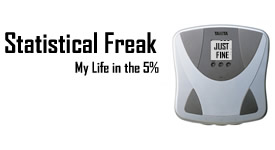
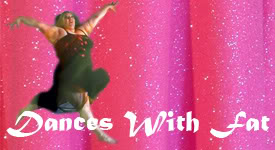

I agree. I have naturally slender friends who get told things like, “Eat a pork chop!” or other rude comments. That is no more acceptable than taking food out of a fat person’s grocery cart and telling them that they don’t need it (true story, happened to someone I knew at the time).
I think, though, that I prefer the term “Body Acceptance”, because it really is all about accepting our bodies, no matter what size they are, no matter how graceful or klutzy they are, no matter how tall or short they are. I have a close friend who is a midget (she doesn’t like the term “Little Person” and actually got kicked out of the Little People of America because she was quite up-front about preferring to be called a midget!). She accepts her height, and even revels in it.
So yeah, I totally agree that we aren’t just fighting for the acceptance of fat, but we are fighting for the right of every person to own their own body and no have to put up with anyone else thinking that it is their right to comment on it.
I definitely agree with everything here. I think there are some people that don’t seem to care as much about including thin people into the acceptance community, because (as it seems to me) they are thinking that society already accepts them, so they kind of dismiss the “Eat a burger!” comments that thin people receive. But I DO think it is important to advocate against verbal abuse of thin people too because if you are trying to advocate for size/body/whatever acceptance/liberation, then you should be focusing on what we can do to eliminate discriminatory language of all kinds, not just shifting the beauty ideal of thin to full figured, because in that the discrimination and hate is still here, only it has just moved from one thing to another. This is why there was so much backlash again the “Real woman have curves” slogan. I think it’s great if people want to be fat activists, but I think if one is just going to be all for fat activism and forget any other body type, I’d say they are wasting their time.
Ashley, if I have ever personally implied that thin women are “less than”, or somehow not deserving, I apologize for that. Thinness is not a side of the street that I have ever lived on, and things look different from the fat side.
(Do you think the verbal abuse might be more of a feminist issue than a fat/thin one? Are there any men out there of any size who would like to speak to this?)
Can we not show respect for other civil rights groups without insisting they all be under one giant umbrella? I think of fat acceptance as a civil rights group devoted to this particular issue. It doesn’t stop us from learning about other issues (we can learn a lot from seeing how other groups attempt to achieve this goal), Indeed some our issues and goals intersect It doesn’t mean that you can’t be an ally of said group if their issues don’t happen to personally affect you.
As I see it, the “real woman” meme was only supposed to empower fat women to buy clothing. It’s a depressing fact that if you say, “Fat Women! Buy Our Beautiful Clothing!”, you’ll sell hardly a damn thing. Aside: Can you imagine Viagra ads saying specifically, “You’re impotent and we can help!”?
“Why do we have to empower ourselves at the expense of somebody else?” That is it in a nutshell. Beautifully put. Thank you for saying it.